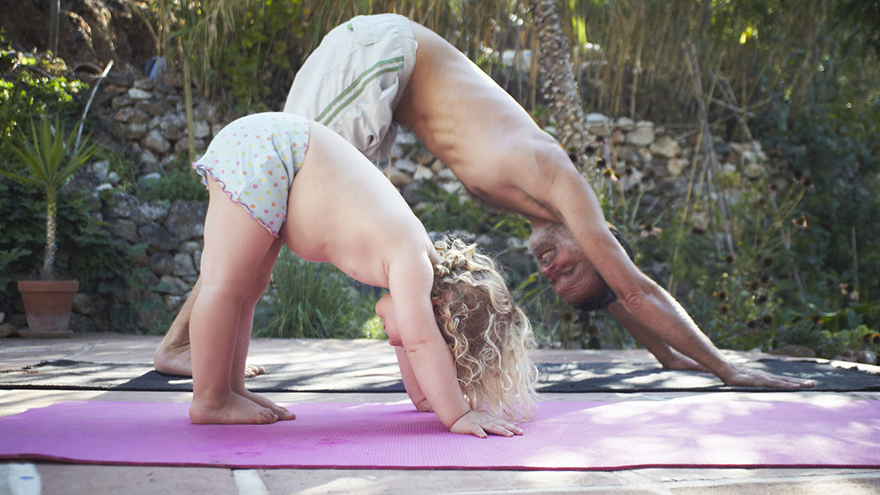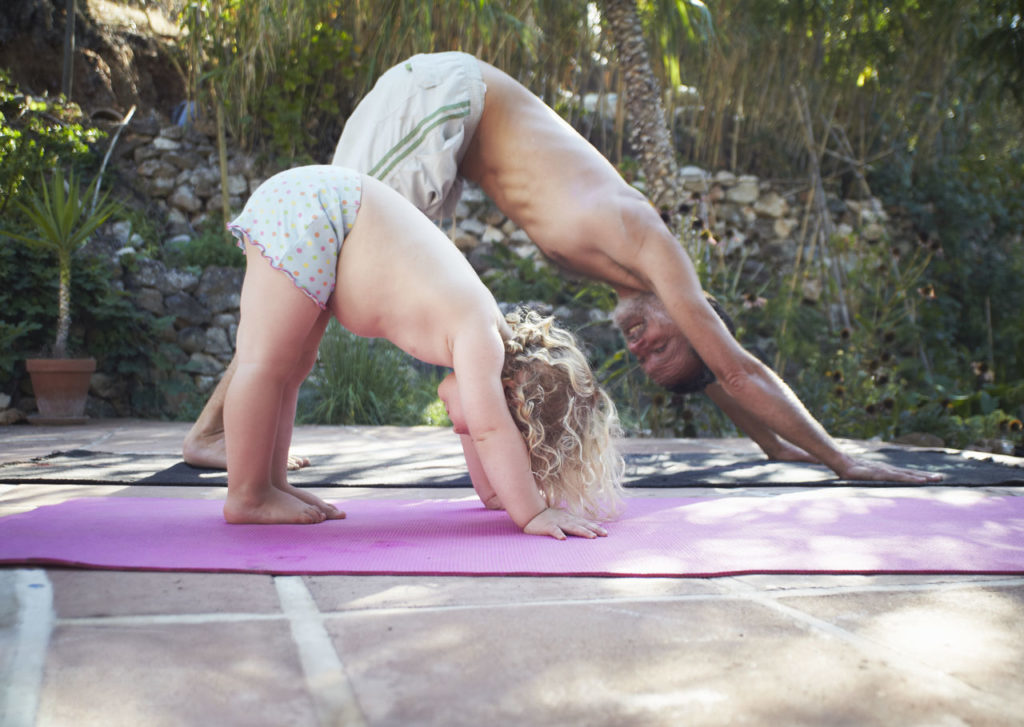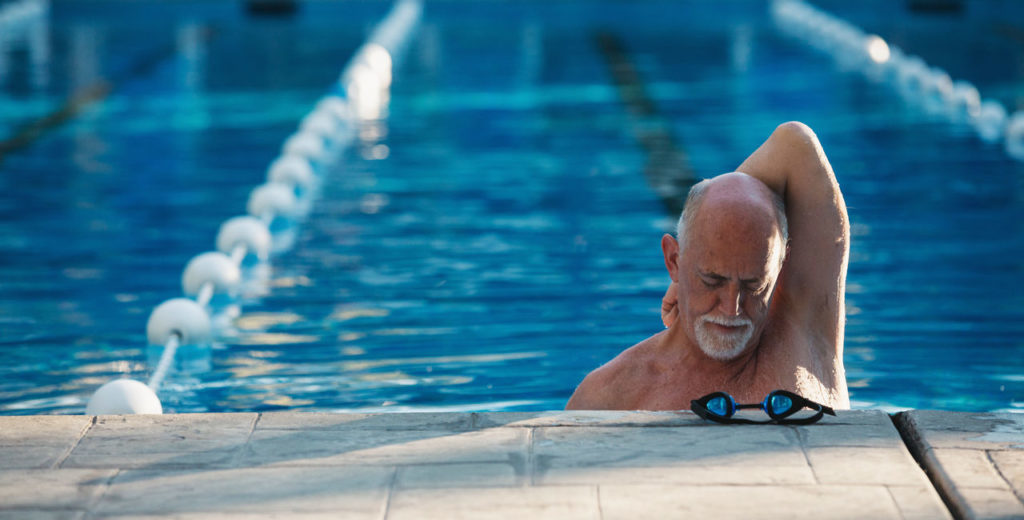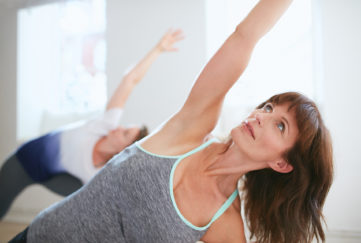How To Safeguard Your Health

When you’re in your Fifties . . .
Listen to your body, look for change and act
For people in their fifties, Bupa experts advise a holistic and vigilant approach to health. Bupa Health Clinics Dermatologist, Dr Stephanie Munn, says, “Your skin reflects what is going on inside. You often hear people say ‘you just don’t look well . . .’ That’s because the skin is showing the effect of something that’s not quite right in your body or even your mind. When you’re exercising regularly, eating and sleeping well and drinking in moderation, your skin will look better and you will feel better.”
Whilst skin cancer can occur at any age, the most common age to develop this is in your 50s and 60s.
Dr Stephanie Munn says: “Whilst we should all keep an eye on our moles, it’s particularly important for those in their fifties. If new moles appear or they change shape, have different colours, are bigger than the size of the top of a ball point pen, become itchy, crusty or start bleeding make sure you see your GP or dermatologist.”
Menopause also has its effects on the skin. It can make your skin really dry and your nails can become brittle, so use plenty of moisturiser, hand cream and cuticle oil.
As well as looking after skin and managing changes, Bupa Health Clinics GP, Dr Luke Powles advises that people in their fifties need to stay in tune with their bodies:
- Act on any niggles straight away. For example, if you have a cough that persists for longer than three weeks, it’s really important to go and seek health advice – particularly if you smoke or used to.
- It’s also important to protect your bones at this age: weight bearing exercise is a good thing to keep up and try to keep your weight in check. Book in a health assessment, which will consider all aspects of your lifestyle and give practical, personalised advice on keeping bones strong and healthy.
- Stay social! It’s easy to let regular contact with friends slide as you get older, and family and work pressures mount. However, maintaining these relationships in your fifties means you are safe-guarding your mental health for a time when you may not work as much or at all. Evidence shows the quality of our close relationships, be they community, social or romantic can be a greater predictor of our health in our older years than certain genetic and lifestyle factors.
When you’re in your Sixties . . .
Keeping an active brain is paramount during this stage of life
For this decade, health is very focused on the brain. Dementia is the leading cause of death amongst women and the second biggest amongst men. While there is a genetic component which is out of our control, there is no doubt that keeping the brain engaged and healthy helps reduce the risk. While lifestyle choices throughout one’s life will impact on our brain health, it is important to take preventative measures at this stage of life as well.
Bupa Health Clinics, GP Dr Ann Robinson, says: “Taking care of our brain health should start much earlier in life, but it is still important that during the sixties we keep our brain active. This may increase its vitality and it could even build its reserves of brain cells and connections, so you could even generate new cells.”
Bupa Health Clinics, GP Dr Luke Powles, says: “For this age group it is important to stay physically as well as mentally active. We know that when older adults lose their mobility, their physical and mental health can often follow. This also applies to older adults who retreat into inactivity in their later years so it is vital that those in their sixties should try to do something, even if it is just heading out for a walk every day.”
Bupa Health Clinics, GP Dr Luke Powles shares his tips for those in their sixties:
- Stay curious and involved, always look for something new to learn, research or read about.
- Crosswords and other puzzles are an excellent way to engage daily. Now is the time to take up Sudoku!
- Learn a new skill, or language, or go and see a theatre play – these activities can all be fun and relaxing ways of staying mentally active and alert.
- Do something active every day – walk a dog, walk to the shop, gardening, cycling – whatever it might be!







